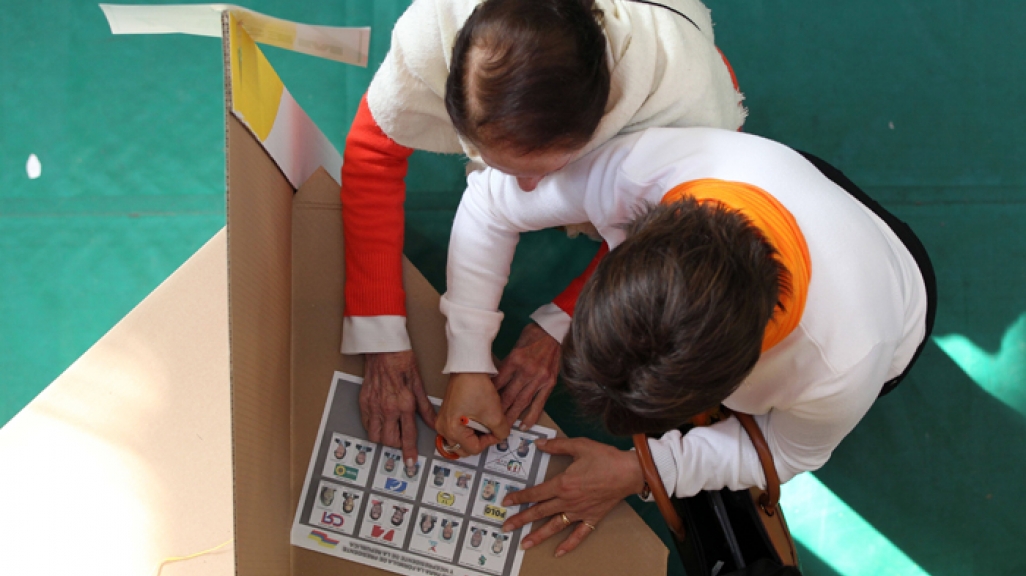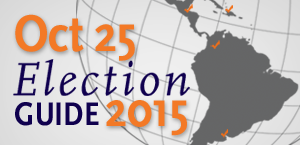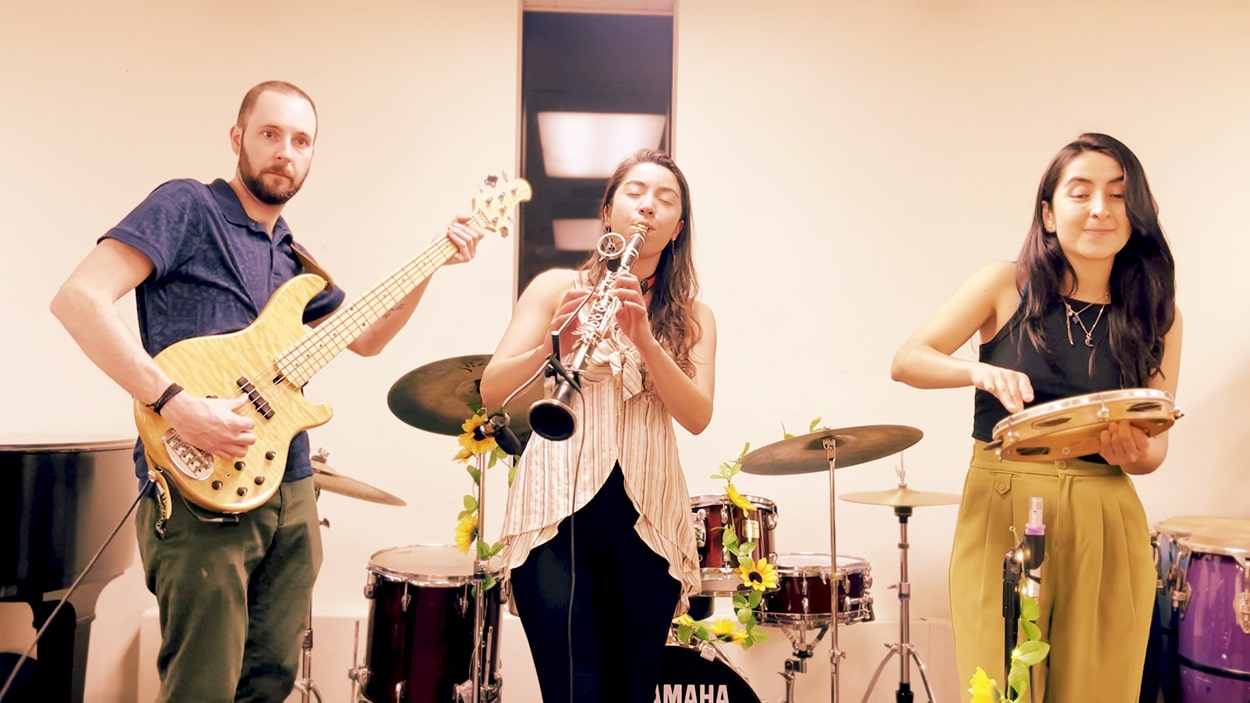Colombia Update: Races to Watch beyond Bogota
Colombia Update: Races to Watch beyond Bogota
Days before Colombia’s local elections, we give a rundown of races in Medellin, Cali, Cartagena, and more.
Days before Colombia’s local elections, some races have clear frontrunners, but it will come down to the wire on others. On Sunday, voters will choose governors in all 32 departments, mayors in every one of the 1,102 municipalities, and officials for some 12,000 other municipal posts. The winners will be sworn in on January 1, 2016. As the last days of the campaigns wind down—and the country’s voter registry department is scrambling to reinstate more than 1 million voter registrations it announced last weekend had been accidentally annulled—we take a look at key races around the country beyond the mayoral race in Bogota.
The most recent poll numbers are from the so-called Big Survey, conducted by Ipsos-Napoleón Franco for a group of Colombian media outlets, unless cited otherwise; see below for city-by-city charts, with Bogota included for comparison. All demographic information is from ProColombia.
Medellin, Antioquia department
Population: 3.8 million (city), 6.5 million (department)
In the race to replace the popular Aníbal Gaviria as mayor of Colombia’s second-largest city, Juan Carlos Vélez (Democratic Center) doubled his lead from six to 12 points over independent candidate Federico Gutiérrez in the last month of campaigning and is the only candidate of the top four who’s seen his support go up in recent weeks. A former senator, Vélez also served in a minor post in ex-President Álvaro Uribe’s administration and is a close ally.
Improving security is the top campaign issue, with 59 percent of voters saying it should be a main focus on the next mayor’s agenda. While other candidates are proposing new broad-stroke plans to bolster local security forces, Vélez’s involves reinforcing systems already in place. On the popular issue of transportation, he’s proposing to cut rush-hour wait times of Medellin’s metro by half.
In the Antioquia governor’s race, Luis Pérez (Liberal and Radical Change parties) has a seven-point lead* (31 to 24 percent) over his main competitor, Andrés Guerra (Democratic Center). Voters say Uribe’s support of Guerra is the main reason they’d back him, while twice as many say Santos’ endorsement of Pérez has hurt rather than helped Pérez. Outgoing Governor Sergio Fajardo endorsed Federico Restrepo (Commitment to Antioquia party), who’s trailing in third with 9 percent.
Cali, Valle del Cauca department
Population: 2.4 million (city), 4.6 million (department)
The race for mayor of Cali has been razor-thin, but one candidate, businessman Maurice Armitage (We Believe in Cali Citizen Movement) is pulling ahead of ex-Vice President Angelino Garzón (Party of the U). Roberto Ortiz (Liberal Party) is in the running in second—or even in first, depending on the poll. Garzón’s fall in particular is notable, especially given his national political ties. Garzón is linked with President Juan Manuel Santos—he served as his vice president for one term—but even though Santos’ popularity went up 12 points in the city in the last month, Garzón’s dropped nine. But voters’ issues with Garzón might be more homegrown: at the beginning of the campaign season, he was considering running for the more prestigious position of mayor of Bogota, and was forced to clarify that he was running for Cali mayor for its own merits.
In the race for governor of Valle del Cauca, an ongoing Supreme Court investigation on money laundering charges is not hindering former senator Dilian Francisca Toro (Party of the U), who has a 37-point lead over her nearest competitor.
Mayor of Cartagena
Population: 990,000
Journalist Manolo Duque is the dark horse of this race: in July he was polling at just 8 percent, but since then has surged to a 25-25 percent dead heat with Antonio Quinto Guerra, who’s been leading the race in his first campaign for mayor after spending 10 years on the city council. The two are battling not just each other: 26 percent of cartageneros remain undecided.
Further reading:
*Editor's note: An earlier version of this article described the difference as a "six-point lead." The difference is, in fact, seven points.








